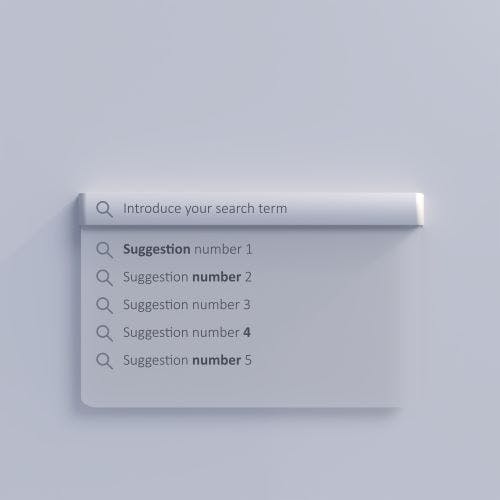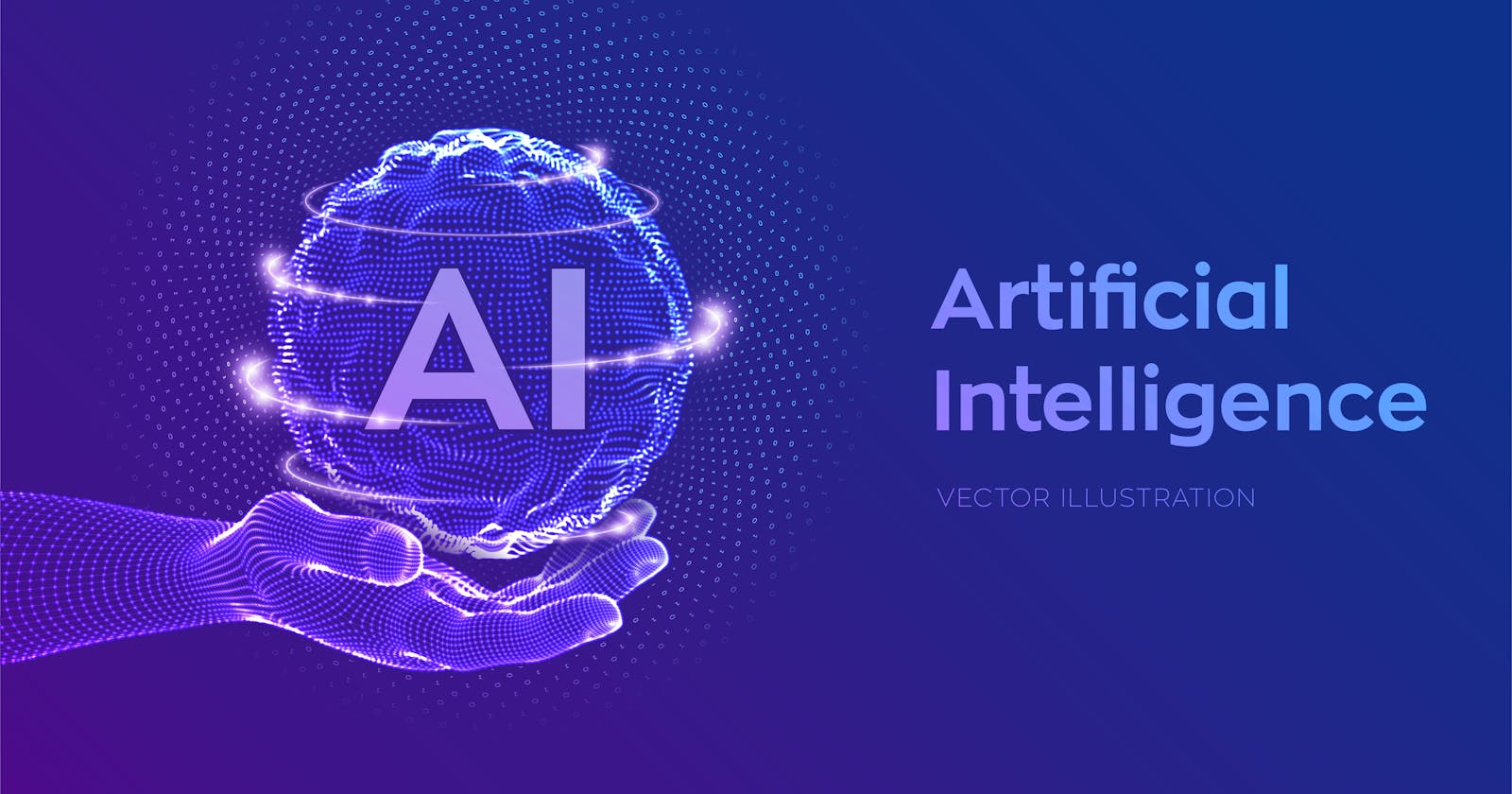#1: Why do we really need Artificial Intelligence (AI) ?
An Introduction to this Series of Artificial Intelligence
Table of contents
What is this series about?
Since a couple of months, I took a break from Hashnode as I was participating in a practical AI hackathon. Our group started the project without any prior knowledge regarding Artificial Intelligence. All we had was an exciting idea to work on. And to get to the prototype, we individually decided to familiarize ourselves with AI.
During my research phase, however, all I could find was python code that called functions from scikit-learn and tensorflow. The underlying understanding behind AI was completely missing on several platforms on the internet.
Eventually, when I found sources that dug deeper into Artificial Intelligence, the intense math completely bewildered me. As a high school student with a pretty basic mathematical foundation, I felt AI was something that no commoner could possibly wrap their heads around. For example, here is an image of me trying to figure out what f(x) ≈ f(x0) + (∇xf)(x0)(x − x0) means:

With this series, however, I hope to bring the concepts of AI to you in a new way by finding a sweet spot between in-depth understanding and practical implementation.
With all that background, let's begin the first article in this brand new series.
So, what is AI ?
Sometimes we get so indulged in the small details regarding a subject that we tend to neglect high level understanding. I fell in this trap several times while exploring Artificial Intelligence. Hence, I wanted to begin by a definition.
Many sources often claim that AI is the ability of computers to perform tasks humans are capable of doing. Although this is true for certain instances, it does not remain valid for all use cases of AI.
For example, the performance of genetic analysis is a task humans are incapable of doing. It requires processing of immense amounts of data - a skill which only computers have. And so, I believe it is necessary to understand that the aim of AI is not to mimic human intelligence but to surpass it.
The need for AI
From the previous section, you can already deduce that one reason AI is beneficial is that it can do tasks that humans can't.
Google is a great example of this. Humans cannot match the ability of AI to suggest articles/videos based on a simple query. The data processing that goes behind this is at a rate much faster than human capabilities.

Secondly, if AI is not used to create systems, program complexity may significantly increase. Imagine trying to program a chatbot using only if-statements. There are two problems with this kind of approach.
One, there would too many if-statements to type out - probably infinitely many if you are developing the next Alexa or Siri.
Second, the user must use exact wording to get an appropriate output. Given the complexity of a language, usage of exact wording would limit scope of our chatbot. Hence, it is essential for robots to develop a certain form of intelligence to understand context and meaning.
Finally, the use of AI in predictions can help eliminate biases that humans have. If provided with sufficient data and input variables, AI can help humans make more rational decisions. If this potential is channeled, it can save companies millions of dollars. For example, streaming services like Netflix and Youtube predict its users' choices to increase engagement and stay profitable. This is the power of AI !
Conclusion
This article was intended to provide context to this series and to give a very brief understanding into the world of AI. Moving on, we will introduce fields pertaining to Artificial Intelligence and slowly dig deeper into their functionality. Thank you for reading this article ! Make sure to subscribe to our newsletter to be notified when this series is updated. Happy coding !
Image by iuriimotov on Freepik
Image by storyset on Freepik
Image by bycgzr on Freepik

